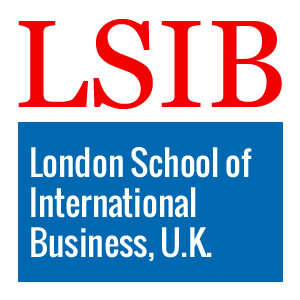Postgraduate Certificate in Digital Art Composition for Composition
Published on June 24, 2025
About this Podcast
HOST: Welcome to our podcast, where we explore innovative courses and interview experts in their fields. I'm thrilled to introduce our guest today, an expert in digital art composition. Welcome! Can you tell us a bit about your background and how you got involved with this exciting field? GUEST: Thank you for having me! I've always been passionate about art and design, and as technology evolved, I found myself drawn to digital art creation. I've worked on numerous projects, from games to films, and now I enjoy teaching others about the wonders of digital art composition. HOST: That's fascinating! Now let's dive into the Postgraduate Certificate in Digital Art Composition. This course is designed to equip aspiring artists with essential skills for the digital age. Can you share some of the key composition techniques that students will learn throughout the program? GUEST: Absolutely! Students will explore traditional art principles, like color theory, harmony, and balance, while also diving into modern technology like software tools and hardware. They'll learn how to combine these elements to create visually captivating compositions. HOST: In today's industry, staying current with trends is crucial. What current trends in digital art composition do you think are most relevant for students in this course? GUEST: There are a few key trends shaping the industry right now. Interactive and immersive art experiences, such as virtual reality and augmented reality, are growing rapidly. Additionally, the rise of artificial intelligence and machine learning is changing how artists approach their craft. HOST: Those are definitely exciting developments! Now, as with any field, there are always challenges to overcome. What challenges have you faced in digital art composition, or what challenges do your students often encounter while learning? GUEST: One common challenge is keeping up with the rapid pace of technological advancements. New software and tools emerge frequently, requiring artists to continually adapt and learn. Additionally, finding one's unique artistic voice within a saturated digital landscape can be daunting. HOST: That's true. Now, let's look to the future. How do you see digital art composition evolving in the next 5 to 10 years? GUEST: I believe we'll see an even greater integration of technology and art, with innovations like AI and machine learning becoming standard tools for artists. Furthermore, I expect a growing emphasis on virtual and augmented reality experiences, as well as more immersive storytelling techniques. HOST: It's clear that the Postgraduate Certificate in Digital Art Composition offers a wealth of knowledge and skills for aspiring artists. Thank you for sharing your insights with us today. And for our listeners, be sure to check out this incredible course and discover your potential in the ever-evolving world of digital art!
